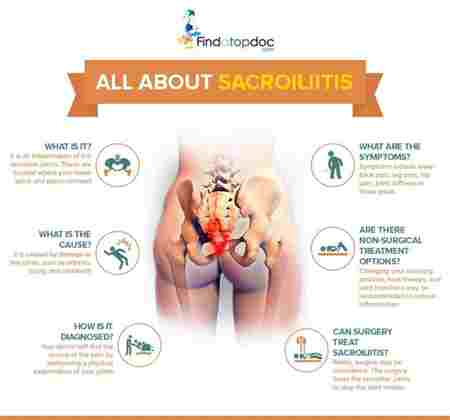Psoriatic arthritis, also called as rheumatoid arthritis, is an extremely common type of arthritis which affects many people who do have psoriasis – a condition which involves red, scaly patches of skin on the bottom of the legs, back and chest. It can affect any area of the body, from your fingers to your toes and back, and can range in severity from fairly mild to very severe. The symptoms associated with psoriatic arthritis can include:
What's more, there are many more symptoms associated with this type of arthritis than just these. These are things that you will want to be aware of when it comes to treating this type of arthritis:
Pain or joint inflammation can occur as a result of psoriatic arthritis. The pain is usually located in the lower back. The joint inflammation typically begins on one of the joints in the lower back, but can also start on your upper back as well. This is why some people get these symptoms only in their lower back.
You may also notice that the red patches of skin that are characteristic of psoriatic arthritis also look like scars. They appear as purple spots on the surface of the skin. This is because psoriatic arthritis does cause damage to the outer layer of skin which results in the discoloration of the skin. In addition, this kind of condition also causes some of the skin to crack.
Another sign of psoriatic arthritis which many people don't realize is that it is completely different from the other forms of arthritis such as rheumatoid arthritis or osteoarthritis. With rheumatoid arthritis, you may find that the symptoms don't actually show up until after the treatment has been started, while with psoriatic arthritis they will begin as soon as the treatment starts. This is why most doctors will recommend the use of medication for both of these conditions to help slow the progress of the disease.

As with any form of rheumatoid arthritis, there are some serious health issues which can arise. One of these is psoriatic arthritis which is linked to diabetes. In fact, the majority of cases of psoriatic arthritis are found in individuals who are already suffering from diabetes. Therefore, if you have a family history of diabetes, then you should definitely speak to your doctor before taking any type of medications.
In psoriatic arthritis, it is important to remember that there is no way to tell when it might start. However, this is usually a symptom of a much more serious problem that needs to be treated. This is the reason why you should always keep a close eye on your health. You should never neglect the appearance of your skin. It's extremely important for you to pay attention to your skin, even if you have a medical condition that doesn't seem to be affecting you.
A great way to protect yourself from psoriatic arthritis-related symptoms is to keep your feet clean and dry at all times. Also, remember to wash your hands thoroughly after washing your face. This helps prevent the spread of bacteria that can be carriers that can contribute to the development of psoriatic arthritis.
Apart from the general symptoms, this form of arthritis can also cause a number of other conditions. These conditions include problems associated with arthritis such as joint pain and discomfort. It can also cause problems such as infection arthritis of the spine, dislocated joints, and arthritis of the knee. If you have been suffering from psoriatic arthritis for a long time, there are several things you can do to prevent the condition from worsening.
If you experience any symptoms such as pain or discomfort in your hands or knees, you should see your doctor immediately because you may have any type of arthritis associated with rheumatoid arthritis. If you're unsure if you have this form of arthritis, it's a good idea to talk to your doctor about treating your symptoms.
If you think you have psoriatic arthritis, it is also a good idea to take care of any joint pains that you are experiencing, especially if you are experiencing pain in the elbow, knees, or wrists. Your doctor can advise you on how to treat them effectively.
